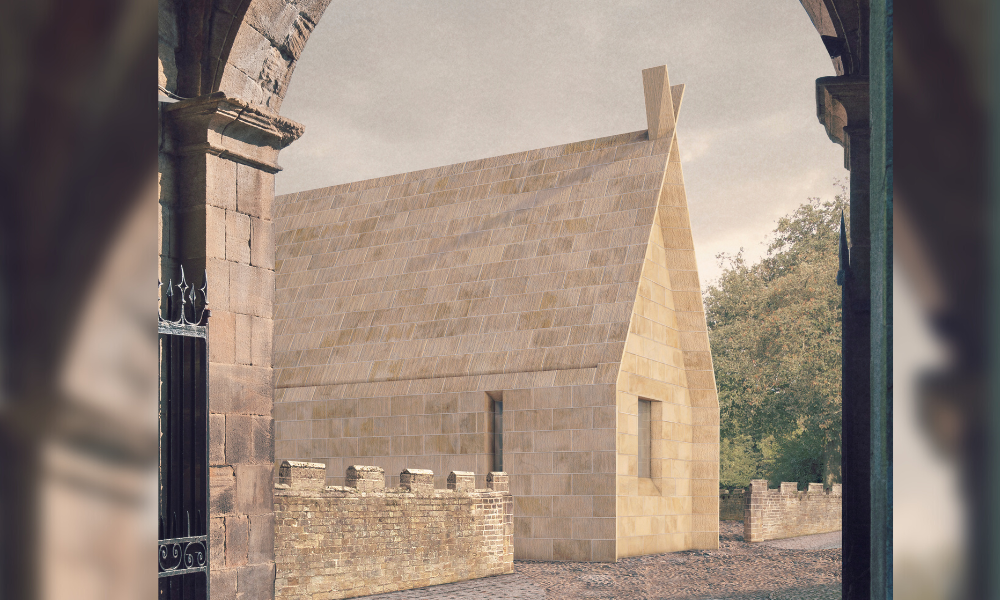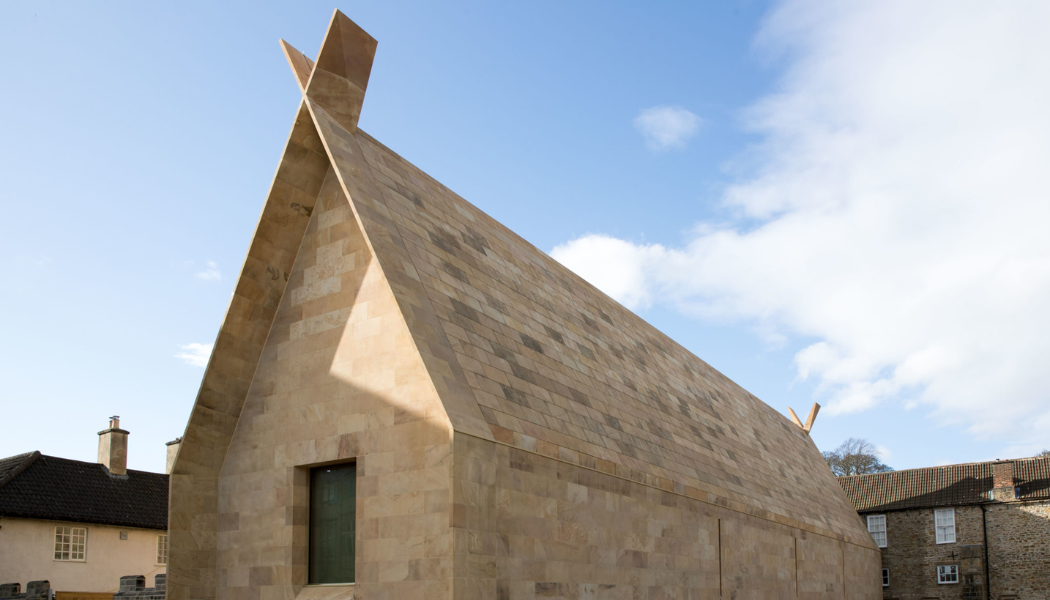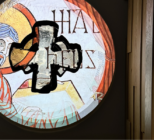A new museum exploring religion and faith in Britain is set to open later this year in County Durham.
The Faith Museum in Bishop Auckland will open to visitors in October. It will be housed in a custom-built extension, constructed using local sandstone and designed by Níall McLaughlin Architects.
The purpose-built museum building sits in the 14th-century wing of Auckland Castle. Both are part of a wider local redevelopment by regeneration charity The Auckland Project, and includes seven attractions in the area.
The building takes the form of a mediaeval tithe barn and follows the line of the original perimeter wall of the castle.
The project has been funded by a £12.4m grant from The National Lottery Heritage Fund as part of The Auckland Project, and is supported by The Jerusalem Trust, an evangelical Christian trust and one of 17 Sainsbury Family Charitable Trusts.
The museum will explore the idea of faith, in personal lives and communities across Britain.
Inside, the museum comprises four gallery spaces, and will offer a programme of rotating displays and temporary exhibitions. The inaugural series of temporary exhibitions will present work by British artists, including a special commission by Mat Collishaw.
The ground floor tells a story which begins in the Neolithic period and which ends in the year 2000. Displays will feature objects on loan from 50 national and local institutions and private lenders, alongside The Auckland Project’s own collection.

The upper floor of the museum will house the museum’s temporary exhibitions and installations, and will open with a display of works by ten contemporary British artists, offering their individual perspectives on faith today.
Set for display will be an early example of evidence of Jewish communities in Britain, seen in an object from the collection of the Ashmolean Museum, the 13th-century Bodleian Bow; a copy of William Tyndale’s English translation of the New Testament from 1536; and a set of 20th-century prayer beads owned by Lord Headley, believed to be the first Briton to have legitimately completed the Hajj pilgrimage to Mecca, having converted to Islam.
Jonathan Ruffer, Founder of The Auckland Project, said development of the museum was the ”hardest piece of our jigsaw.”
“We have tried to tell stories which put into context 6,000 years of human endeavour and the restlessness of the human spirit.”








